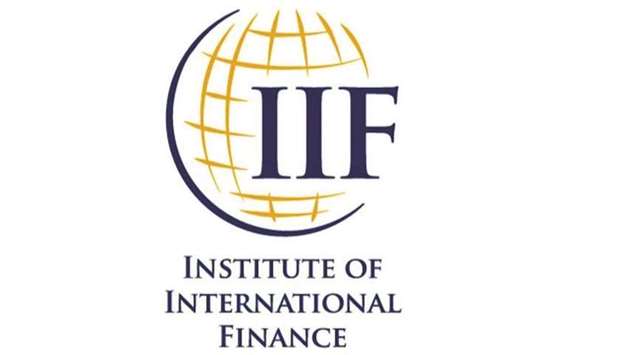With previously issued bonds starting to mature in 2021, the GCC countries have a short window of opportunity to consolidate their state budgets, it said.
In the face of 2018’s emerging markets sell-off, higher oil prices and durable dollar pegs offset some of the upward yield pressure in the GCC.
JP Morgan’s announced inclusion of five GCC countries in its prominent Emerging Market Bond Index (EMBI) could bring another $30bn in inflows to the region.
The IIF said the banking systems remain sound, with strong capitalisation and adequate liquidity, and the gradual pick-up in growth will improve private sector credit demand.
“However, a further increase in policy rates this year may tighten financial conditions and weigh on credit growth and non-oil economic activity,” it said.
The think-tank also said it did not expect a change in the exchange rate regimes in 2019 given still-ample foreign assets and the role the pegs play as an anchor for price and financial stability.

